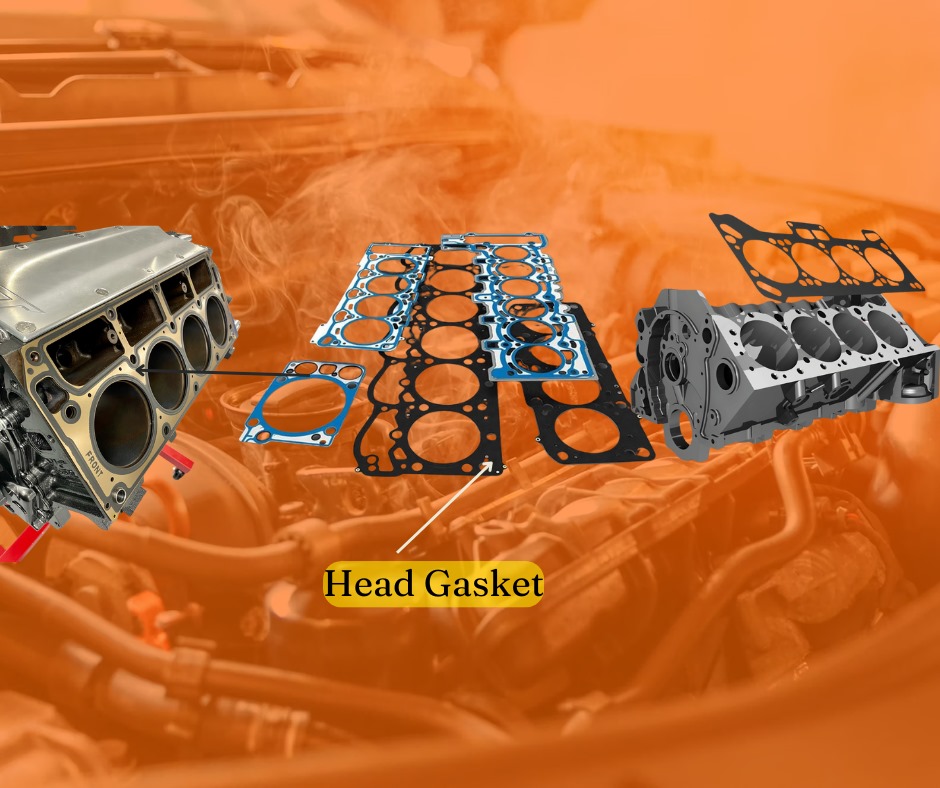Signs of a Failing Head Gasket You Shouldn't Ignore

Discover the critical warning signs of a failing head gasket and why timely detection can save you from costly repairs.
Understanding the Role of a Head Gasket in Your Engine
The head gasket is a crucial component of your vehicle's engine. It sits between the engine block and cylinder head, ensuring a tight seal to prevent coolant and oil from mixing while also maintaining the compression required for the engine's proper operation.
Over time, the extreme temperature fluctuations and pressures within the engine can cause the head gasket to fail, which can lead to a range of engine problems, some of which can be catastrophic if not addressed promptly.
White Smoke and the Tale of Coolant Loss
One of the telltale signs of a failing head gasket is the emission of white smoke from the exhaust. This smoke often indicates that coolant is leaking into the combustion chamber and being burned along with the fuel.
Consistently needing to top off your coolant without an obvious leak could also signify a compromised head gasket. This gradual loss of coolant can cause your engine to run hotter than normal, which can further exacerbate the problem.
Oil Contamination: Milky Substance in the Oil Cap
When the head gasket fails, it can allow coolant to leak into the oil system, which leads to contamination. A clear indication of this is a milky substance on the oil cap or in the oil itself.
This mixture of oil and coolant can lead to a serious decline in your engine's lubrication, which can cause increased wear and tear on the engine's components and potentially lead to engine failure.
Overheating Engine: A Red Flag Not to Be Ignored
An overheating engine is a serious symptom of a failing head gasket. The head gasket's seal helps maintain the pressure within the cooling system; when it fails, this pressure is lost, reducing the system's effectiveness and causing the engine temperature to rise.
If you notice your vehicle's temperature gauge consistently running higher than usual, or if your engine is overheating, it's imperative to have your vehicle inspected as soon as possible to prevent irreversible engine damage.
Performance Issues: Misfires and Loss of Power
A damaged head gasket can also lead to engine misfires and a noticeable loss of power. This occurs when the gasket fails to seal the combustion chambers properly, allowing air and fuel to escape and resulting in a less efficient combustion process.
If your vehicle feels sluggish, or if it's stuttering during acceleration, these can be symptoms of a compromised head gasket that's affecting your engine's performance. It's essential to address these issues quickly to maintain your vehicle's reliability and longevity.

 Loading..
Loading..